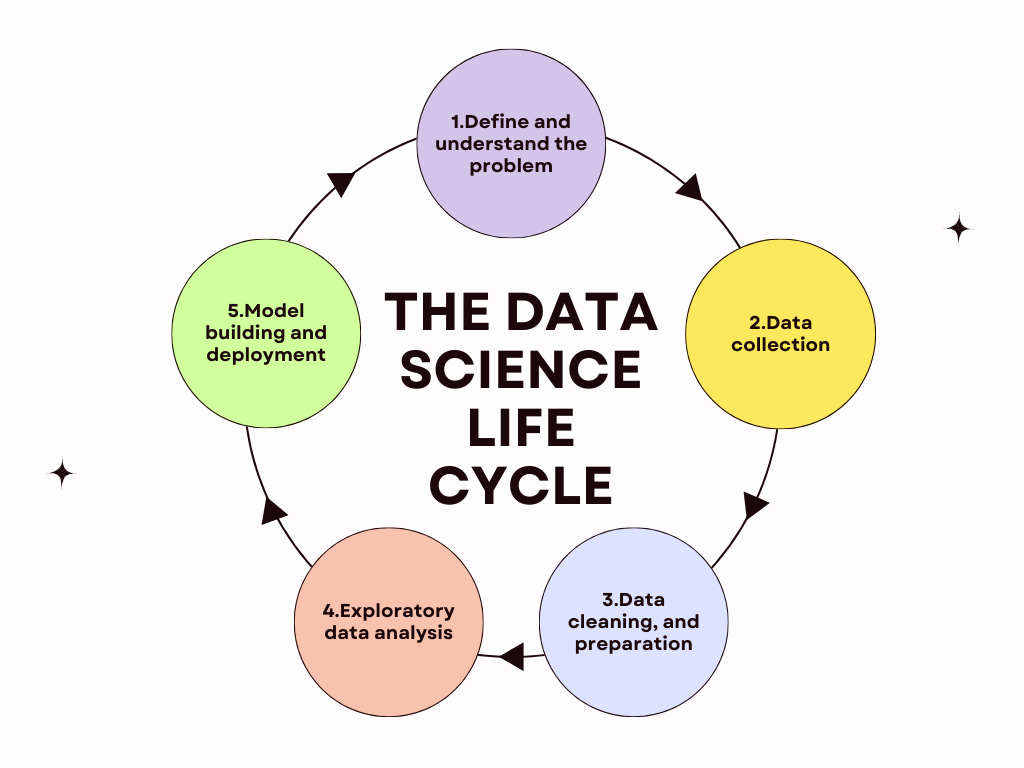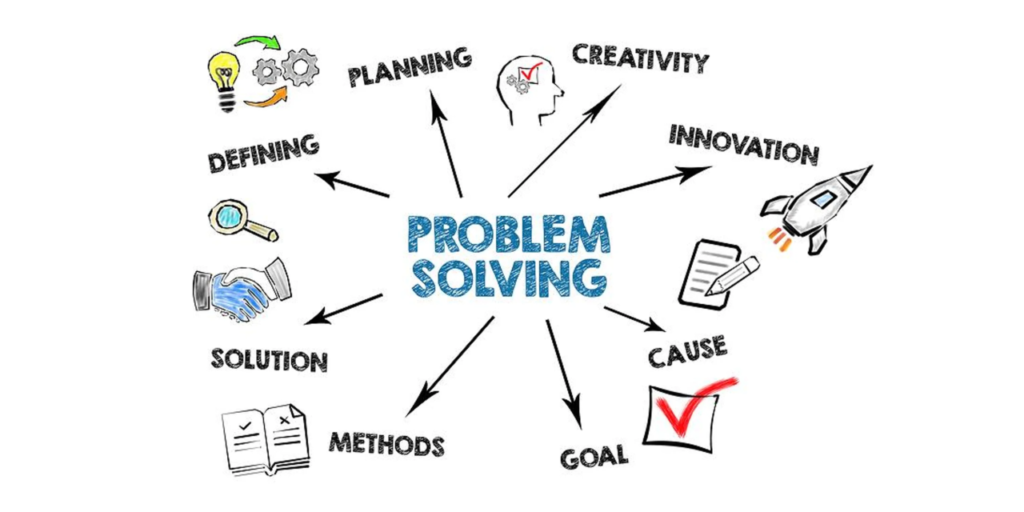In the era of information, the Data Analyst is a critical player in helping organizations make data-driven decisions. From finance and healthcare to marketing and logistics, data analysts turn raw numbers into valuable insights that shape the future of businesses. Their role involves collecting, processing, and analyzing data to help organizations solve problems and make informed strategic choices.
A typical day for a data analyst involves gathering data from multiple sources, cleaning it to ensure accuracy, and using tools like Excel, SQL, or Python to analyze it. Their findings are often presented in the form of charts, graphs, or dashboards using visualization software like Tableau or Power BI. By identifying trends, correlations, and anomalies, data analysts enable companies to optimize their operations, improve customer experience, and increase profitability.

Data analysts must possess strong problem-solving skills and an analytical mindset. Proficiency in statistical methods is crucial, as is the ability to use data visualization tools to convey complex information in a way that is easily understandable for non-technical stakeholders. Familiarity with programming languages such as Python, R, or SQL, along with strong mathematical skills, are key components of the role.

The demand for data analysts has grown exponentially in recent years, as more industries rely on data to stay competitive. Whether they work in-house for a corporation, or as consultants across various sectors, data analysts are essential in helping businesses unlock the full potential of their data.
Career Outlook: The role of a data analyst is expected to grow in the coming years as industries like healthcare, e-commerce, and technology increasingly rely on data-driven strategies. Data analysts can also progress to more specialized roles like data scientist or business intelligence analyst, offering a range of career advancement opportunities.

Leave a Reply